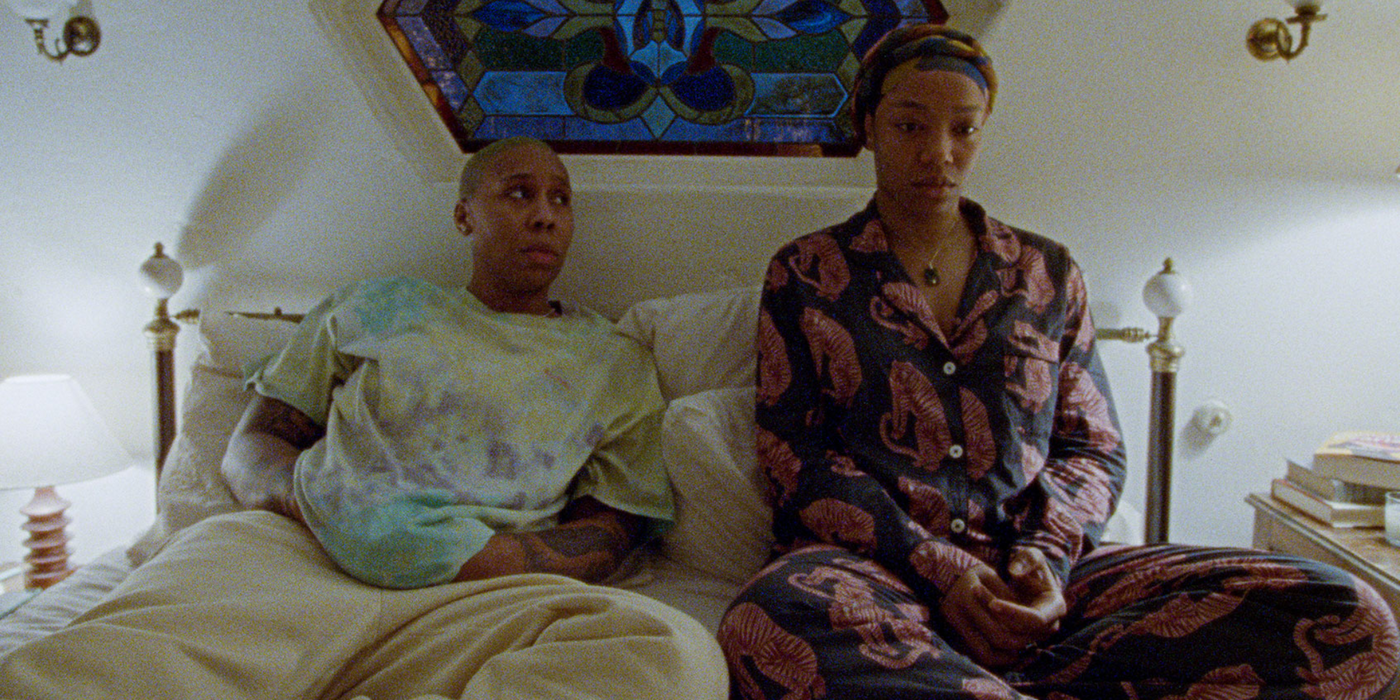The Quiet Shift: When Adulthood Collides with Parental Aging
There's a gradual shift that happens in your twenties, where you enter the adulting stage and all the chaos that comes with it. It starts off fast-paced and scary—finding a job, building a career, trying to turn your dreams into reality—and then we hit a plateau where the newness of adulting wears off. We're officially adults now, having done adult things for a couple of years, and we catch ourselves reminiscing about how simple college was when our biggest worries involved figuring out how much exposure we could get in as little time as possible.
This plateau isn't as flatlined as it seems—because we're still evolving, assessing, and reassessing our future. This shift happens when the novelty of adulting wears off and can be seen through our progression: from getting a salary to financial planning, from getting a job to strategic career moves, from dating to long-term partnerships, from starting a family to family planning. Along with all these gradual shifts and evolutions comes the permanence of adulthood and the loss of being a child. There is no going back. We have to now make mature, informed decisions—yikes.
The Weight of Growing Up
The transition into adulthood in itself can be quite nerve-racking. The feeling that everything is coming at you all at once, that you are now responsible and will be held accountable for your life. That you will have to mature (RIP immaturity). You now have to know what to do. You are free from being dependent on your parents to make decisions on your behalf. Ufff, that level of high and mighty power that is bestowed upon you feels great until you hit your first crisis. Then the panic sets in because you have to do it on your own... need to make the right decision. Can't fail; otherwise, you would have failed adulthood. We swing from empowerment and freedom to the growing pains of this transition.
However, one thing that blindsides most of us when all this growth is happening in our lives is that our parents are also growing... old.
The Waves of Realization
For me, the realization came in waves. Living away from my parents, with every visit I noticed them having less energy than before, smaller health issues arising. They tend to get slower when they walk, they are no longer ambitious and want to go on more vacations, their knee or back hurts a bit more, they start talking about doing more health checkups, they begin discussing wills and property and assets (whaaaat... we have assets?!).
It is the smaller things that seem almost negligible in the grander scheme of their life that become more obvious... more frequent. Though I noticed, I leaned more into blindness because I honestly did not want to notice these changes. It felt heavy and uncertain—what do I do with these observations now? Talking about it did help a lot, especially knowing that people my age had similar experiences. Learning to be patient with myself and allowing myself to lean into the feelings rather than avoiding them—it did help me understand what I wanted to do about it.
When Aging Becomes Illness
Just the process of aging is difficult, but it's a separate thing entirely when they have a chronic illness. We gradually start feeling burdened by the responsibility, the role reversal, and the deeply isolating experience that takes place. Becoming a caregiver to your caregiver is an uncomfortable and especially emotional journey—we can get flooded with emotions like fear, anger, grief, guilt, helplessness, and sadness.
A lot of my clients who come in feeling this way tend to negate how valid these emotions are and jump into how they shouldn't feel that way and how they need to be good children. One of the most common emotions that pops up is anticipatory grief, which ends up contributing a lot to the above feelings.
Understanding Anticipatory Grief
Anticipatory grief is an emotional process of mourning a loss before it occurs. It is an emotional response to the impending loss of those individuals who have nurtured and cared for us throughout our lives. This form of grief emerges from the profound awareness that our parents' health, independence, and vitality are gradually waning.
It manifests as worrying incessantly about our parents' well-being, their ability to care for themselves, and the myriad challenges they may face in their journey—and about what lies ahead for you: Will they be okay? Will I be able to manage? What happens when they go? I don't know what I need to do. I won't have anyone in my life.
This grief can also bring forth feelings of guilt: Am I doing enough to support them? How can I live my life knowing that they will need me? Will the decisions about their care be right? Anger can also be experienced: It is unfair that we have to go through this. How can they suffer so much?
Finding Your Way Through
The aging process is an emotional journey for everyone involved—it involves change, evolution, growth, uncomfortable feelings, and resilience. The anticipatory grief that comes with it reflects the depth of our love and connection with our parents. It is important to remember that your emotions are valid, and finding healthy ways to cope can lead to a deeper understanding of yourself and your parents, as well as strengthen the bond. Exploring different methods and finding what resonates with you can be a necessary step.
For me, it helped to acknowledge and see reality and what feelings came up for me, then normalize this life phase and experience, and also allow these feelings to guide what I wanted from the experience. It was and still is a difficult process. Reaching out to have these conversations and feeling these feelings was a great start.
Let's start by feeling these feelings and having more conversations about it!








